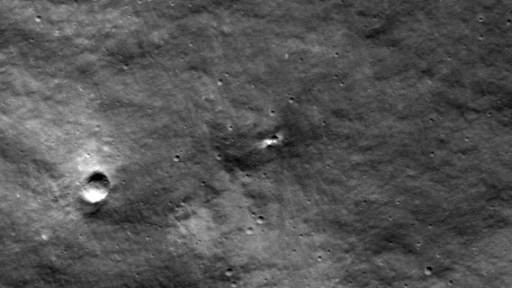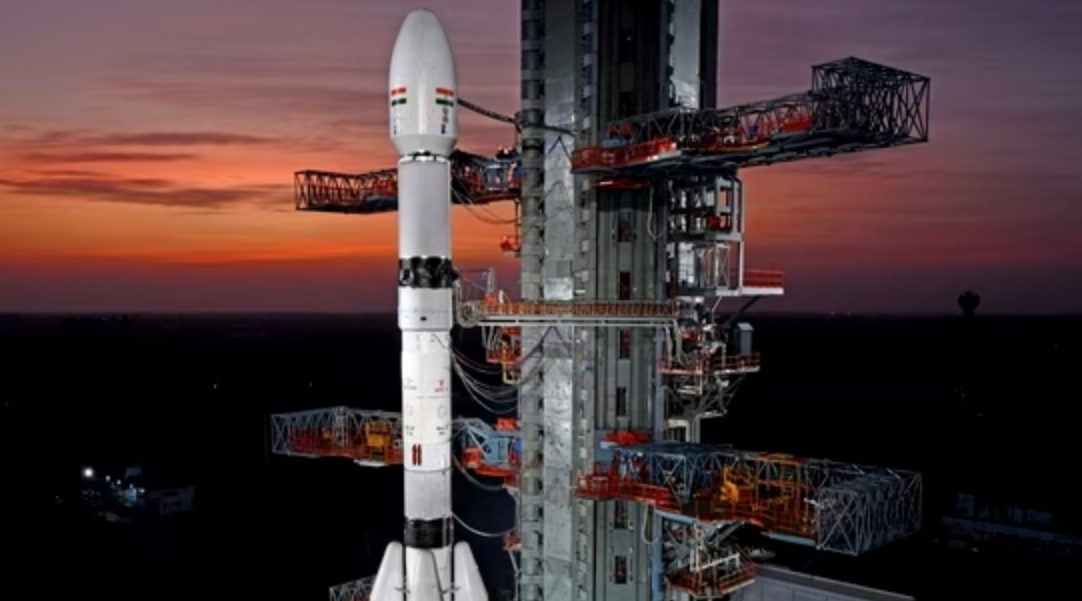NASA’s Lunar Reconnaissance Orbiter Discovers Luna-25 Crash Impact Crater
NASA’s Lunar Reconnaissance Orbiter (LRO) has made a significant discovery, capturing images of a potential impact crater believed to be linked to the Russian Luna-25 mission. In this article, we delve into the details of this remarkable find and the implications it carries.

The Discovery
Spotting the Impact
The National Aeronautics and Space Administration (NASA) announced a groundbreaking revelation as its Lunar Reconnaissance Orbiter (LRO) captured images suggesting the presence of an impact crater. This crater is likely a result of the ill-fated Russian Luna-25 mission.
Swift Response
Upon receiving the estimated impact point from the Russian space agency Roscosmos on August 21, NASA’s LRO teams promptly directed the spacecraft to capture images of the site the following day. By comparing images taken before and after the impact, they identified a new, small crater.
Crater Details
Timeline of Formation
The most recent “before” image of the area, taken in June 2022, revealed that the crater formed after this date. Given its close proximity to Luna 25’s estimated impact location, it is reasonable to conclude that the mission was the cause, ruling out a natural origin.
Precise Location
Situated at approximately 57.865 degrees south latitude and 61.360 degrees east longitude, with an elevation of around 360 meters, the steep crater measures roughly 10 meters in size. It is positioned within the inner rim of the much larger Pontécoulant G crater, about 400 kilometers away from Luna 25’s originally intended landing site.
Mission’s Mystery
Understanding Luna-25’s Fate (H3): While the exact circumstances surrounding the Luna-25 crash remain somewhat unclear, Roscosmos has reported that the spacecraft’s change in momentum during its transition into a pre-landing orbit deviated from the expected parameters. This anomaly is believed to have contributed to the mission’s unfortunate outcome.
In this GIF, you can see what #NASA teams believe is the impact crater caused by the crash of #Russia‘s #Luna25 mission pic.twitter.com/9fzVR4QVem
— IE Science (@iexpressscience) September 1, 2023
FAQs on Luna-25 Crash
1. What caused the Luna-25 crash?
- The Luna-25 crash’s precise cause is not fully understood, but it is attributed to a deviation in the spacecraft’s momentum during its pre-landing orbit.
2. How was the impact crater discovered?
- NASA’s Lunar Reconnaissance Orbiter (LRO) captured images of the impact crater after receiving an estimated impact point from the Russian space agency Roscosmos.
3. When did the crater form?
- The crater formed after June 2022, as evidenced by the most recent “before” image. It is in close proximity to Luna 25’s estimated impact location.
4. Where is the impact crater located?
- The crater is situated at approximately 57.865 degrees south latitude and 61.360 degrees east longitude, within the inner rim of the Pontécoulant G crater, about 400 kilometers away from Luna 25’s intended landing site.
5. Are there other missions with similar issues?
- Yes, previous Moon soft-landing missions like Chandrayaan-2, Israel’s Beresheet, and Japan’s Haluto-R also encountered anomalies that prevented them from achieving the correct landing speed.
In summary, NASA’s LRO has provided critical insights into the Luna-25 mission’s fate by discovering an impact crater, shedding light on the challenges of lunar exploration.




